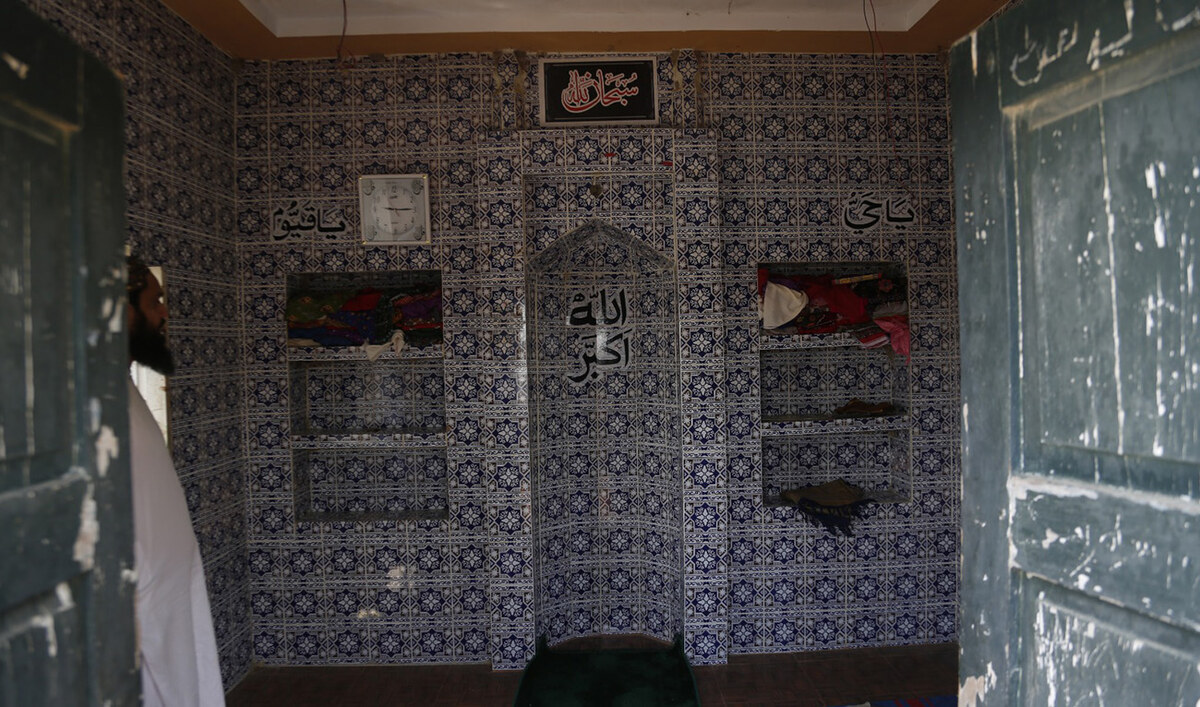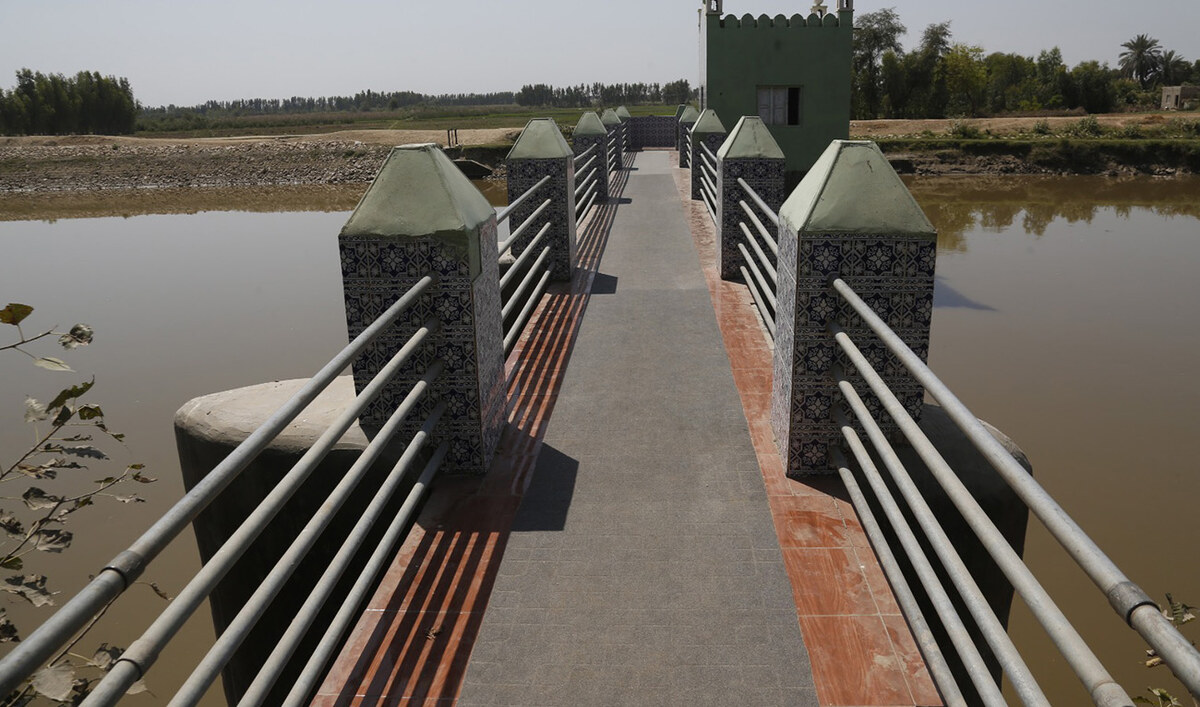PESHAWAR: Pakistan’s northwestern Khyber Pakhtunkhwa province announced on Saturday it would pay Rs200, a little over $1, for every stray dog brought in by volunteers to be neutered in its capital city Peshawar.
In November last year, following a volley of citizen complaints, KP province started the process of sterilizing thousands of stray dogs to control their populations. The decision came after a court verdict declared the widespread killing of the dogs was inhumane.
There are 8,000 to 10,000 stray dogs in Peshawar alone, with an increase in their populations every year, according to Dr. Syed Masoom Ali, director for the provincial livestock department.
The culling of stray dogs has been ordered by successive provincial governments year after year, but without desired results amid an uproar from animal rights activists. Worldwide, the sterilization and tagging of dogs has instead been proven to be the most effective way of controlling dog populations humanely.
“District Administration allocated prize money of Rs200 per dog for people who want to bring dogs into the operation theaters of the civil veterinary hospital,” Dr. Ali told Arab News on Sunday.
Arshad Khan, 38, and Jabir Bacha, ordinarily walk around the streets of Peshawar collecting scrap to sell on their pushcarts. These days however, after a cash incentive from the government, they are looking to catch stray dogs.
“I want to avail this opportunity to catch at least two dogs daily,” Khan said. “Since we are familiar with most of these streets and know the dogs’ hideouts, I can easily earn more than I usually do collecting scrap,” he said.
In the last five months, KP’s livestock department has neutered 250 dogs.
Though professional dog catcher teams have been functioning in the city, Dr. Ali said results had been slower than expected. Subsequently, the government decided to mobilize residents-- many of them currently unemployed or idle owing to coronavirus-- to catch the dogs in return for a small money incentive.
For their safety, volunteers can come in for a short training on dog-catching by members of the livestock department. Once the dogs are caught, a phone call ensures a department rickshaw picks them up and brings them to the hospital.
In the poverty stricken country with almost a quarter of the population living under the poverty line, millions make do with earning under $2 a day.
Now, Bacha and Khan stroll the streets on their new mission and are looking to prepare a sophisticated net to lure and catch the city’s unsuspecting dogs-- all for a good cause.






















